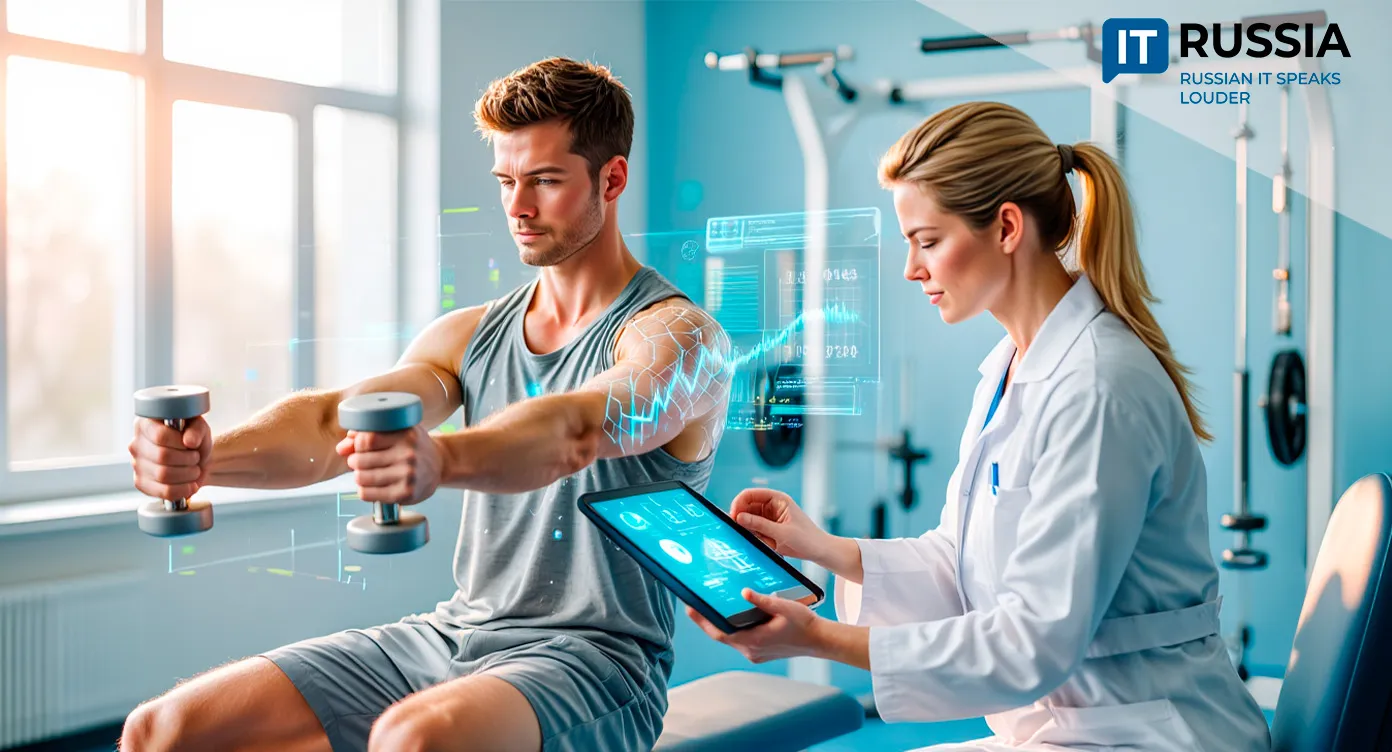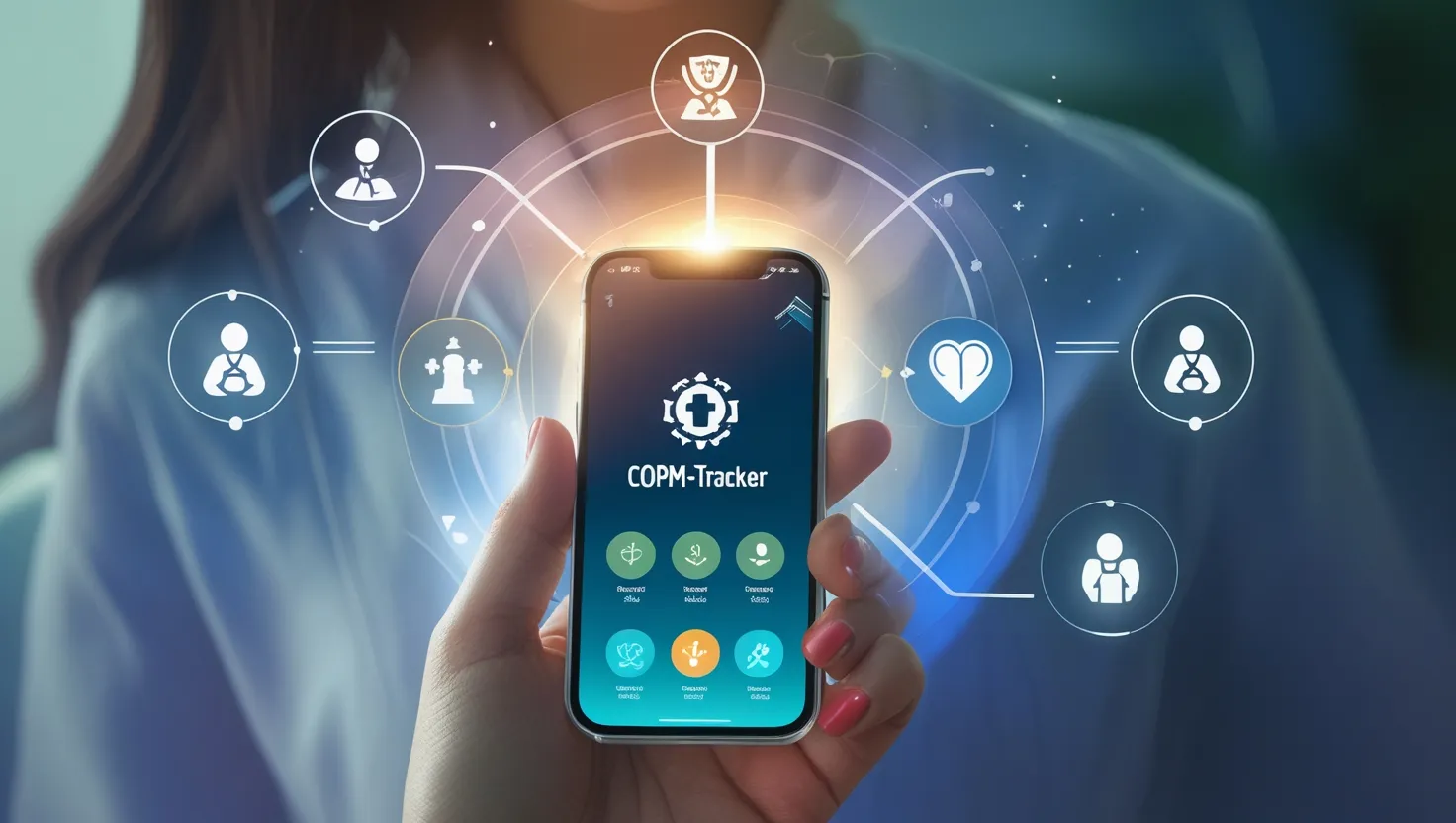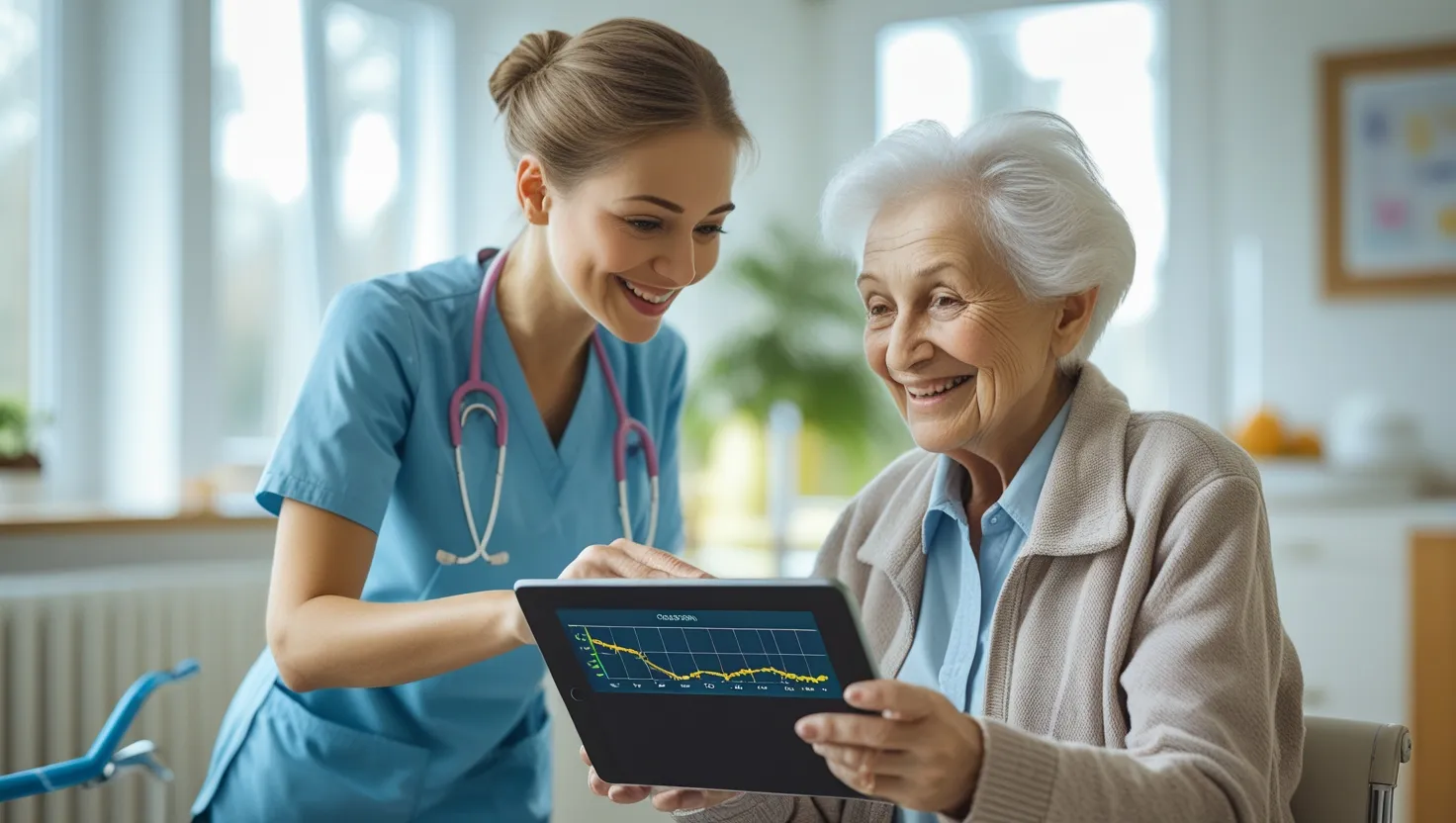Russia Develops Real-Time Patient Progress Tracking System
A new Russian innovation aims to redefine rehabilitation by tracking patient progress in real time—not just through medical data, but by measuring what truly matters: a person’s ability to return to normal life. This marks a shift from treating disease to supporting people.

Digital Tracker Brings Rehabilitation into the Future
At the Future Forum in Yekaterinburg, ITFB Group and the charitable foundation 'Igra' unveiled a digital COPM Tracker—an advanced platform based on the internationally recognized Canadian Occupational Performance Measure. Previously, this methodology was available in Russia only as a paper-based tool.
The new system translates it into a digital environment, making rehabilitation more personalized and data-driven. The key innovation lies in shifting the focus from purely medical indicators to the patient’s own life goals. Instead of measuring only the angle of joint movement or muscle strength, specialists can now track whether a patient can once again perform meaningful tasks—tying shoelaces, preparing meals, or playing with their children.
It’s a human-centered approach that redefines the purpose of rehabilitation for those recovering from severe illnesses or injuries.

How It Works
Technically, the system is a digital platform that enables specialists to record patient progress, analyze data, and adjust treatment plans in real time. Automating routine tasks—such as data entry and report generation—frees up to 30% of therapists’ time, allowing them to focus on direct patient care.
The platform supports role-based access and can be integrated into a clinic’s IT infrastructure within a single day, making it highly scalable. Initially, the project will involve about 200 rehabilitation professionals from 60 institutions across Russia, including federal centers, regional hospitals, and charities.
For remote regions, where access to rehabilitation specialists is limited, the system could become a lifeline by providing remote monitoring and consultation capabilities.
Why It Matters
The COPM Tracker fits into Russia’s growing ecosystem of digital healthcare. Its integration potential—with electronic medical records, telemedicine systems, and remote rehabilitation platforms—creates a unified digital space for continuous patient support. Aggregated and anonymized data will eventually help identify systemic challenges in rehabilitation services and support evidence-based policymaking.

Historically, Russia has been advancing steadily in digital medicine. In 2021, the 'So-edinenie' foundation introduced mobile apps for people with vision and hearing impairments, while the 'Aurika' foundation built a digital ecosystem for hearing rehabilitation. However, the COPM Tracker stands out as the first solution to take a systematic, clinic-centered approach to patient rehabilitation nationwide.
With minor interface localization, the technology could be adapted for use in CIS and Eastern European countries with similar healthcare infrastructures, paving the way for international research and collaboration in digital medicine.

Roadmap and Future Vision
In the next one to two years, developers will refine the system in pilot regions and gather professional feedback. Within three to five years, the solution may be integrated with national healthcare information systems.
By 2030, AI-driven predictive analytics could enhance the system’s capabilities and open international markets. Challenges remain—such as conservative attitudes among medical professionals and outdated regional IT infrastructure—but the project demonstrates the maturity of Russia’s tech industry and its ability to deliver socially significant solutions.
Ultimately, this innovation is about more than healthcare. It shows how digital technology can improve lives, especially for vulnerable groups—elderly citizens, palliative care patients, and those recovering from serious injuries. The COPM Tracker exemplifies how technology can humanize medicine by keeping the focus on the person, not just the diagnosis.










































